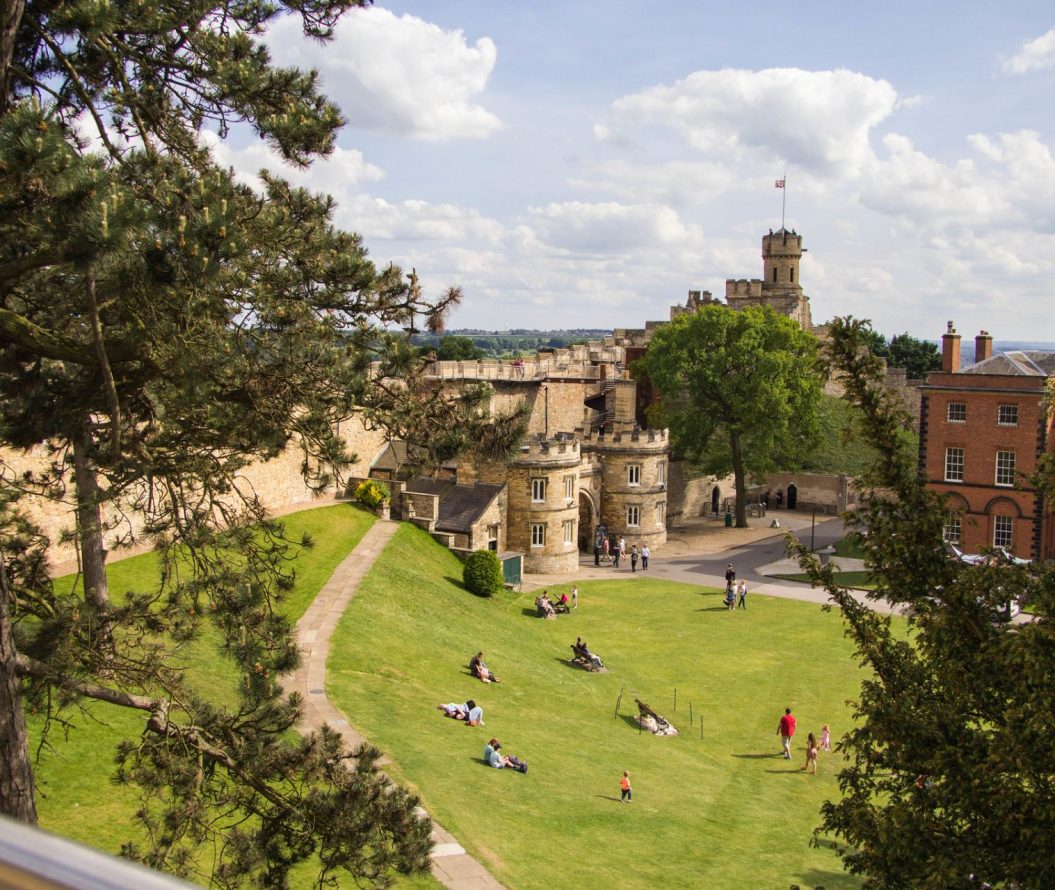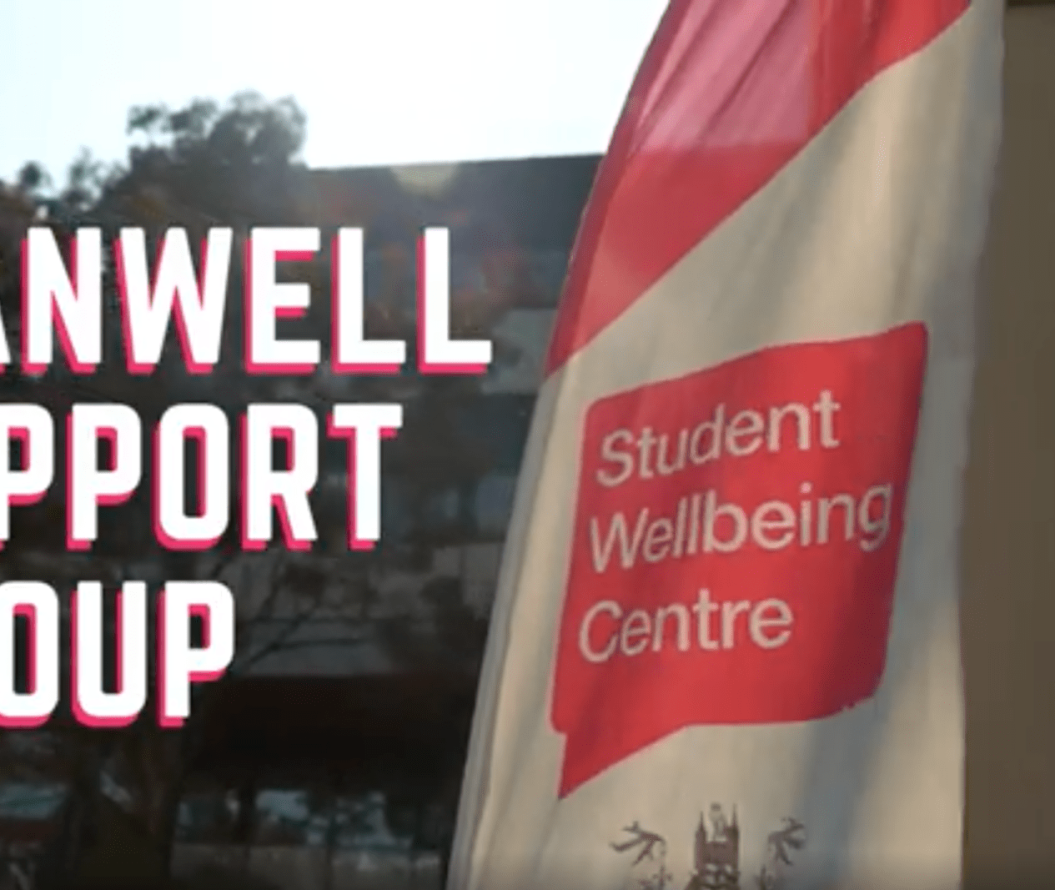Hi! I'm Tash, a third year English student and (very very very) amateur photographer, who is liable to accidentally dye my light clothes (or friends, or seats, or walls) blue with my hair whenever it rains :)

Working out what to do after graduation
February 16, 2020,
read.
This article is more than 3 years old
As a student, particularly as you come into second and third year, you’re constantly asked what you plan to do after university, and how you’re going to use your degree once you graduate.
After spending three years studying and living in one city, the idea of what comes next can be daunting. Your area of interest might be really competitive which worries you about your chances; you might not know where you want, need or can move to for your next steps; or you could simply (like many of us) have no real set idea of where you want to be after graduation.
There are lots of resources available to help guide you through this time. You may even be able to gain work experience, which will give you a taste of your future career. As well as this, experience helps you to find out what it is about your degree that you love most, and so what to look for in the future to make you happiest.
The first place to look, is to yourself
What are the parts of your degree that you’ve enjoyed the most? This could be your favourite module, or an area within your degree that interests you. This knowledge can then translate into a particular job role! Knowing what makes you tick and what sort of thing you love the most in your degree is a great first step, that can then guide you in where else to look for help or ideas for where to head after uni. Keeping track of what you enjoyed most and what parts of your degree you excelled in most will be a massive help when it comes to choosing next steps.
Further study, part-time jobs, and work placements
Another option could be looking for placements, postgraduate courses, part-time jobs or internships in the field that appeals to you. There are so many different sites you can use to have a look for available placements, which are available both during term time or in the holidays. Some of the most trusted places for students to find a placement in the UK are Prospects, Rate My Placement and Student Jobs. Each of these offer different placements, internships, gap years or graduate options in a wide range of cities and countries, meaning they will have something for everyone!
Your personal tutor, as well as Student Services and Careers & Employability, can also help you with finding and applying to these different placements.
Full time jobs aren’t the only option
Trying out different ways of moving forward are important, and you don’t have to jump straight into work or further education; take a gap year and volunteer if you can. You could even try out other options like self-employment if you have a business plan in mind.
Volunteer work, self-employment, internships and work-placements are all valuable options and experience!
After three years of routine you will definitely need time to adjust. So don’t put yourself under too much pressure, keep a note of what appeals to you and plan a little ahead, that way you know you’ll be working towards something that actually feels fulfilling, and puts your degree to good use!




